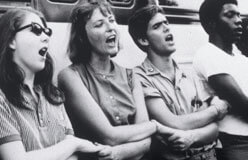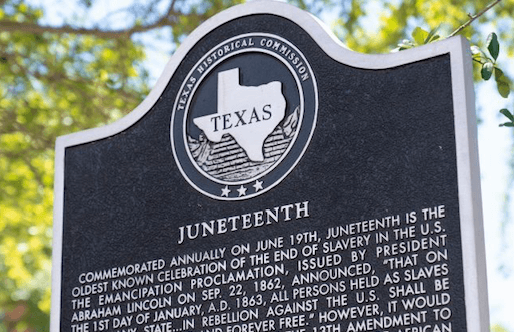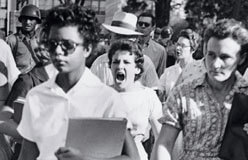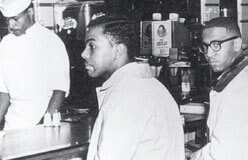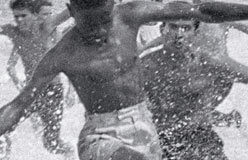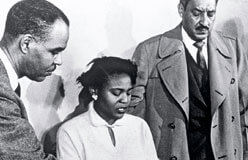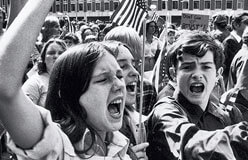During the civil rights movement, leaders and ordinary people all showed great courage.
Some have been mentioned on previous pages, and here are just a few of the many, many more. Learn more about them in books or online.
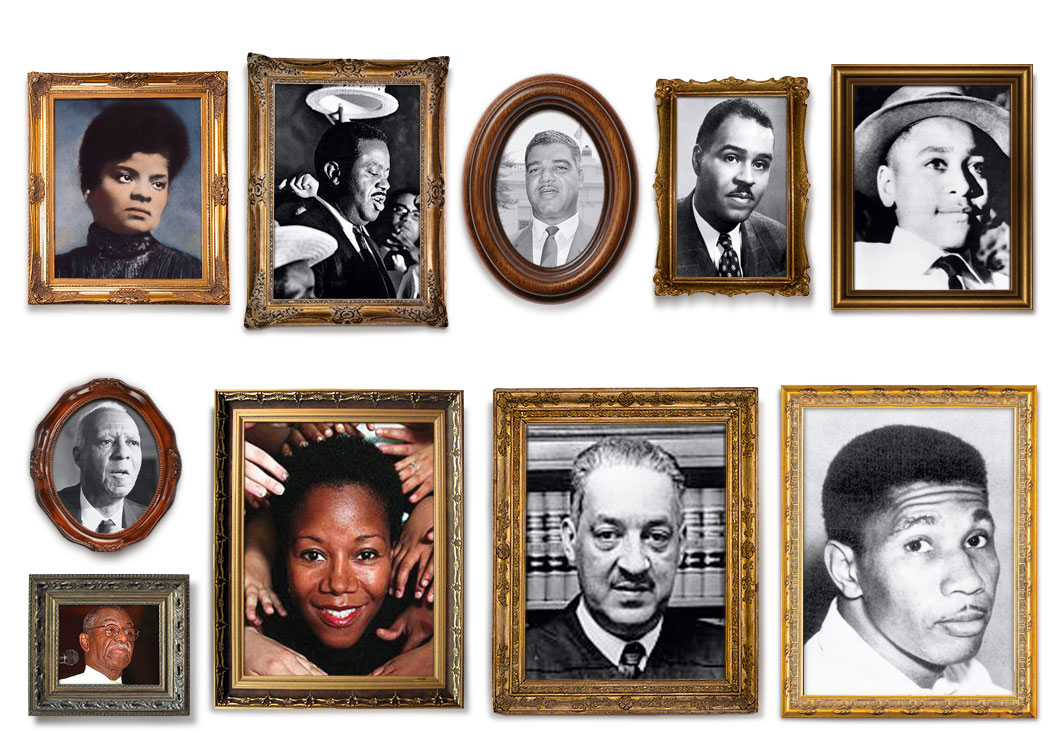
Ida B. Wells-Barnett
(1862–1931)
Born into slavery, she became a teacher, a writer, and a crusader against lynching. She also supported women’s right to vote.
Reverend Ralph Abernathy
(1926–1990)
He was a close friend of Martin Luther King Jr. A leader in the SCLC, he went to jail with King many times.
Whitney Young
(1921–1971)
He was executive director of the National Urban League. He lobbied businesses and government for equal opportunities for African Americans in jobs, education, and health care.
Roy Wilkins
(1901–1981)
During the civil rights movement, he was executive director of the NAACP. He strongly supported nonviolent protest and trying to right wrongs legally.
Emmett Till
(1941–1955)
While visiting relatives in Mississippi in 1955, this 14-year-old was murdered for talking to a white woman in a way that was considered not respectful enough. His accused killers were found not guilty at trial. But later, they admitted they did it.
A. Philip Randolph
(1889–1979)
A labor leader, he was the guiding spirit behind the 1963 March on Washington.
Reverend Fred Shuttlesworth
(1922–2011)
He was a co-founder of the Southern Christian Leadership Conference, or SCLC. He went to jail for freedom more than 20 times.
Ruby Bridges
(1954– )
She was six years old in 1960. That’s when she became one of the first black children to integrate a white elementary school in the Deep South. Escorted by federal marshals, she walked past screaming mobs.
Thurgood Marshall
(1908–1993)
He was one of the NAACP lawyers who argued the case of Brown v. the Board of Education. That case went before the Supreme Court in 1954. President Lyndon Johnson made him the first black Supreme Court justice in 1967.
Medgar Evers
(1925–1963)
The first full-time staff member of the Mississippi chapter of the NAACP, he was shot to death in 1963. His murderer was convicted in 1994.
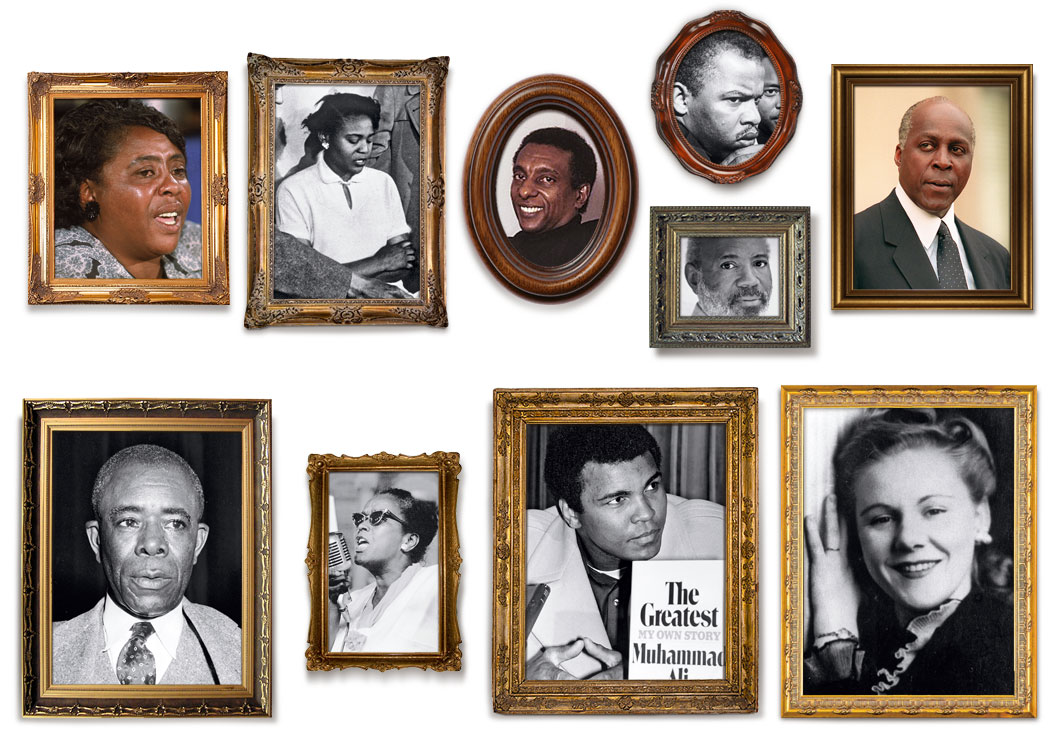
Fannie Lou Hamer
(1917–1977)
In 1964, she went with the integrated Mississippi Freedom Democratic Party to the Democratic National Convention. There, she made a strong plea for the convention to seat her delegation instead of the state’s official all-white one. It was refused. Hamer was fired from her job and kicked out of her home for doing that.
Autherine Lucy
(1929– )
She tried to attend the University of Alabama in February 1956. After being met by an armed white mob, she was expelled. The official excuse? It was for her own protection.
Stokely Carmichael
(1941–1998)
While chairman of the Student Nonviolent Coordinating Committee, he was arrested many times. He came to support “black power.” That was the belief that African Americans must organize their political, social, and economic power to win freedom.
John Lewis
(1940–2020)
A founder of the Student Nonviolent Coordinating Committee, he was at most of the big civil rights protests. In 1986, he was elected to Congress as a representative from Georgia.
James Meredith
(1933– )
He was the first black student to enter the University of Mississippi, in 1962. Riots broke out when he got there and only ended when President Kennedy sent the Army to protect him.
Vernon Jordan
(1935– )
A lawyer, he sued the University of Georgia for failing to admit black students. Later, he also accompanied Charlayne Hunter through mobs to class. She was one of the university’s first black students.
E. D. Nixon
(1899–1987)
He was the head of the Montgomery chapter of the NAACP. In 1955, he came up with the idea of the Montgomery bus boycott.
Ella Baker
(1930–1986)
She was an official with the NAACP and SCLC. She spoke up for grassroots organizing and inspired the students who founded SNCC.
Muhammad Ali
(1942– 2016)
He became heavyweight boxing champion of the world in 1964. He refused to fight in the Vietnam War, and his title was taken away. But the Supreme Court ruled in 1974 that the government was wrong to do that, and Ali got his title back.
Viola Liuzzo
(1925–1965)
A white mother of five from Detroit, she went to Selma as a volunteer. She drove black protesters back from Montgomery after the march there. Her car was followed, and she was killed by members of the Ku Klux Klan.
